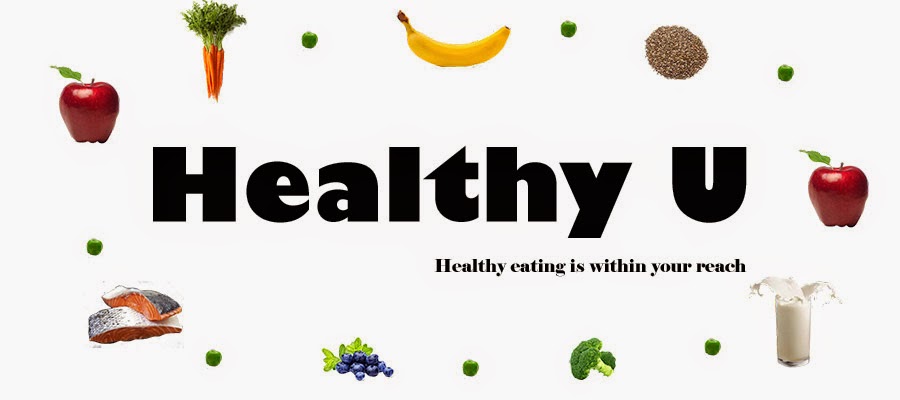I am sure by now you've heard of something called liquid diets/ juice fasts/ detox diets. They are trending at the moment with juicers opening in many locations and pictures of colourful bottles being shown on popular social media platforms (i.e. instagram). They are mainly promoted as a way to live a healthier lifestyle, but is this true?
We don’t need to go on a
liquid diet, juice fasts, or detox diets. Our body
has a natural cleanser, the liver and it doesn’t need help from liquid diets it get rid
of the toxins.
From our previous posts, we
have been talking about the importance of eating a balanced meal and the
benefits of healthy eating.
These are the facts- you decide what is good for you.
1. Liquid diets are low in protein and dietary fiber
1. Liquid diets are low in protein and dietary fiber
Protein is an essential food group and liquid diets do not have a lot of protein (Healthy years, 2009). We need protein for a healthy immune system and regeneration of muscle. In addition, liquid diets don’t give us the same satisfaction as solid foods because they eliminate dietary fiber that helps us feel full and satisfied (Satija & Hu, 2012).
2. Low calories
We need to consume a certain amount of calories each day based on our Body Mass Index. In a liquid diet, the brain doesn’t properly register liquid calories so it leaves people hungry and wanting more food (Hutcheon, 2015; 2014). Chewing and swallowing play a part in feeling full and satisfied. The body also goes into starvation mode because it tries to conserve the small calories. As a result, there is a high likelihood for individuals to binge eat after finishing a liquid diet (Maukonen & Saarela, 2015).
We need to consume a certain amount of calories each day based on our Body Mass Index. In a liquid diet, the brain doesn’t properly register liquid calories so it leaves people hungry and wanting more food (Hutcheon, 2015; 2014). Chewing and swallowing play a part in feeling full and satisfied. The body also goes into starvation mode because it tries to conserve the small calories. As a result, there is a high likelihood for individuals to binge eat after finishing a liquid diet (Maukonen & Saarela, 2015).
3. Headaches/fatigues
These diets can rob you of energy your body needs. When individuals leave out healthy fats and carbs from their diet they tend to feel tired because of blood sugar fluctuations (Masino & Ruskin, 2013).
These diets can rob you of energy your body needs. When individuals leave out healthy fats and carbs from their diet they tend to feel tired because of blood sugar fluctuations (Masino & Ruskin, 2013).
So are you still thinking of going on a liquid diet? Think hard about it before you decide because your body is precious and it needs you to eat right.
If you have any questions, please e-mail us at mphteamone@gmail.com
References
Bryner,
R. W., Ullrich, I. H., Sauers, J., Donley, D., Hornsby, G., Kolar, M., &
Yeater, R. (1999). Effects of resistance vs. aerobic training combined with an
800 calorie liquid diet on lean body mass and resting metabolic rate. Journal
of the American College of Nutrition, 18(2), 115-121.
The dangers of detox diets: Fasting isn't the solution for
older adults who are trying to lose weight. (2009). Healthy Years, 6(1), 6.
Hutcheon, D. A. (2015; 2014). Malnutrition-induced Wernicke’s
encephalopathy following a water-only fasting diet. Nutrition in Clinical
Practice, 30(1), 92-99. doi:10.1177/0884533614561793
Masino, S. A., & Ruskin, D. N. (2013). Ketogenic diets and pain. Journal of Child Neurology, 28(8), 993-1001. doi:10.1177/0883073813487595
Maukonen, J., & Saarela, M. (2015). Human gut microbiota: Does diet matter? The Proceedings of the Nutrition Society, 74(1), 23-36. doi:10.1017/S0029665114000688
Satija, A., & Hu, F. B. (2012). Cardiovascular benefits
of dietary fiber. Current Atherosclerosis Reports, 14(6), 505-514.
doi:10.1007/s11883-012-0275-7






No comments:
Post a Comment